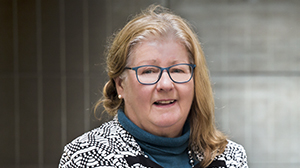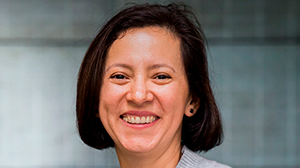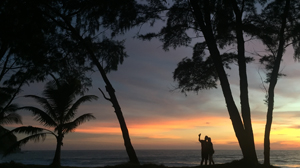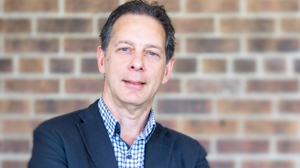
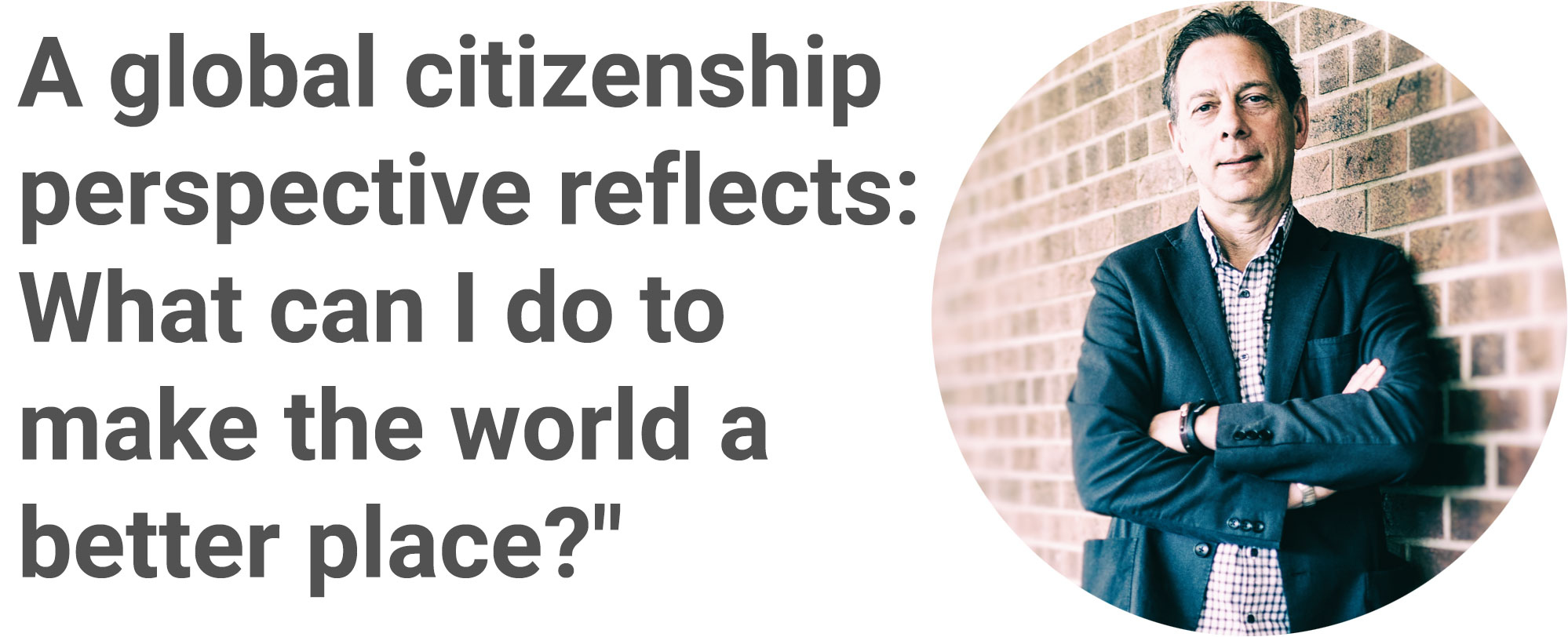
Former U.S. President Barack Obama recently visited Toronto to deliver an optimistic speech about the importance of global citizenship in creating a happier and healthier future. It’s a message reinforced by the research of University of Guelph-Humber’s Program Head of Family & Community Social Services Dr. Paul Sherman, who has spent years exploring the relationship between global citizenship, Soka education, and instilling lasting values of compassion and caring in students.
Dr. Sherman’s PhD thesis at Lancaster University was titled, “The Emergent Global Citizen: Cultivating Global Citizenship Identity and Engagement Within Soka Education.” Rooted in Buddhist principles and ideas of wisdom, courage and compassion, Soka education is based on the notion that every person holds the potential to create happiness and value in his or her life and the lives of others. Dr. Sherman’s research found that Soka education and global citizenship share many common values.
His study also revealed that people who identify as global citizens tend to endorse prosocial values, such as respecting diversity, advocating for social justice, helping others and protecting the environment.
“A global citizenship perspective reflects: What can I do to make the world a better place?” Dr. Sherman explained. “It’s an attitude about life.
“It’s really about how can we, as humans, treat each other better?”
How does that concept connect to Soka education? Well, Soka (which means value-creating) education was a theory originally created by Japanese educator Tsunesaburo Makiguchi, whose protégé Josei Toda published the first volume of his educational theory in 1930.
The philosophy argues that students’ happiness should be the priority of education, and diverted from rigid top-down educational approaches to instead advocate a more humanistic teaching style that would empower students and develop character, wisdom and critical thinking.
Today, the Soka Education school system encompasses kindergartens, elementary and high schools in Japan, Hong Kong, Singapore, Malaysia, South Korea and Brazil, along with two universities in Tokyo and California.
In Dr. Sherman’s research, he travelled to the Soka University campus in Tokyo to conduct 19 interviews with a wide array of people including top administrators, faculty, students and even some alumni who are now in their 60s. He was interested in looking at whether the students’ normative environment at Soka University would predict a sense of global citizenship identity, and from there whether that strong global citizenship identity would predict endorsement of prosocial values.
He found that students’ identification with global citizenship grew significantly each year they were in the Soka environment – and, interestingly, continued to grow after graduation.
“It stays with them,” Dr. Sherman pointed out. “That to me is very interesting. It’s one thing for students to engage in a time-limited normative environment where they’re learning about global citizenship, but what happens when they leave that environment?
“There’s something about how the strong global citizenship ethic at Soka University is learned and sustained in the students’ lives. That’s why I titled of my thesis the emergent global citizen – because they’re emerging as global citizens and continuing to develop this perpsective throughout their lives.”
A trip to Soka University is a staple of UofGH’s study abroad journeys to Japan, which Dr. Sherman conducts on an annual basis. In fact, travel in general is a crucial aspect of Soka education, as it is believed that exploring other countries, languages and cultures is key to developing a sense of the broader world out there.
Dr. Sherman, who has just started teaching UofGH’s first course in global citizenship this fall, has seen first-hand the effects of those Soka educational journeys on UofGH’s students.
“It becomes very clear in their trip study journals,” Dr. Sherman said.
“As with most study abroad courses, many students say they come to view the world differently after having he opportunity to meet people in a foreign land.”
Dr. Sherman’s research into global citizenship and Soka education continues. He’s interested in exploring how prosocial values might manifest in community action for people who identify as global citizens.
Currently, Dr. Sherman is Principal Investigator, in collaboration with Rebecca Fitzgerald, Humber ITAL’s Manager of International Mobility and Partnerships, of a UofGH research grant exploring the relationship between study abroad and global citizenship.
“It is often said that study abroad is a transformative experience for students. We’re investigating whether students are likely to identify and engage as global citizens through their study abroad experience,” Dr. Sherman added. “We should have some preliminary results to share in the New Year.”





